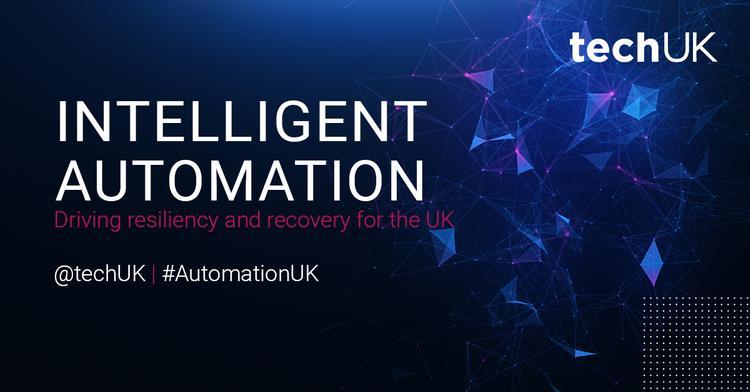The Future of Work is now

We are now in a new paradigm of work, workforce and workplace.
Change is being driven by many competing forces including new technologies, aging demographics, citizen demands, globalisation and the pandemic.
The global pandemic is driving change, the future of work is here as organisations become even more “digital-first”. In the face of urgent business transformation, organisations are finding that automating routine tasks and processes can help employees meet demand quickly, better serving customers. Covid-19 created an unprecedented need for speed and scale in addressing customer queries, beyond the capabilities of staff.
Many organisations over the past decade commenced Digital and Business Transformation programmes but for many they are still a long way from being truly transformed. Intelligent Automation (IA) is a framework of technologies that can mimic and enhance structured and unstructured human work is now being used extensively to truly accelerate business transformation.
Culture and Mind-set
The benefits of IA can be transformational including reduced costs, increased productivity, improved quality, enhanced customer service, reduced Carbon usage and improved staff morale as they move onto more value adding and rewarding work.
The future of work will not evolve to the future you desire. The future will have to be developed and designed. Organisations need to combine their vision, strategy, human capital and the technology to design and implement the business transformation they seek. Intelligent Automation can play a key part of this, in automating processes and activities. Intelligent Automation can be viewed as business change enabled by technology, focussing on delivering business outcomes.
However, deploying Intelligent Automation as part of an organisation’s ongoing business transformation can be complex for any organisation. Moving your organisation from where they are now to an automation-first approach, will require change in organisation mind-set and culture.
Initially organisations must define the business or operational change that they are seeking to achieve. Many organisations have a need to digitise and automate work to enable their staff to focus on more “value add” work and to meet growing customer, or regulatory, expectations.
Commencing and deploying Intelligent Automation in the right way will help engender the necessary mind-set to enable your organisation to deploy Intelligent Automation at scale.
Over the past decade, Robotic Process Automation, Low-code and other IA technologies have been proven in what can be described as piecemeal and narrow solutions. We are now seeing organisations blending the technologies together on legacy applications to transform to deliver much more valuable business outcomes.
Organisations are reviewing their processes/services using Design and Lean thinking through both a business improvement and technology lens to re-design their processes to be as touchless as practical.
Deployment Strategy
It should be considered that having a strategy is more critical to the success of automation & AI than the technology you choose, yet many organisations do not have a strategy at all. It is important at the start to understand the business outcomes you seek and to define how you expect to achieve the transformation.
Organisations should consider creating Automation & AI strategies covering but not limited to the following:
|
|
|
|
|
|
|
|
|
|
|
|
How should you prepare?
Think Big – Prepare Vision & Strategy including using AI to deliver benefits to legacy applications
Start Small – POC’s and Quick Win deliveries to win hearts and minds.
Scale Quickly – Implement all the elements required (ecosystem approach) to scale automation & AI.
You can read all insights from techUK's Intelligent Automation Week here

Laura Foster
Laura is techUK’s Associate Director for Technology and Innovation.








